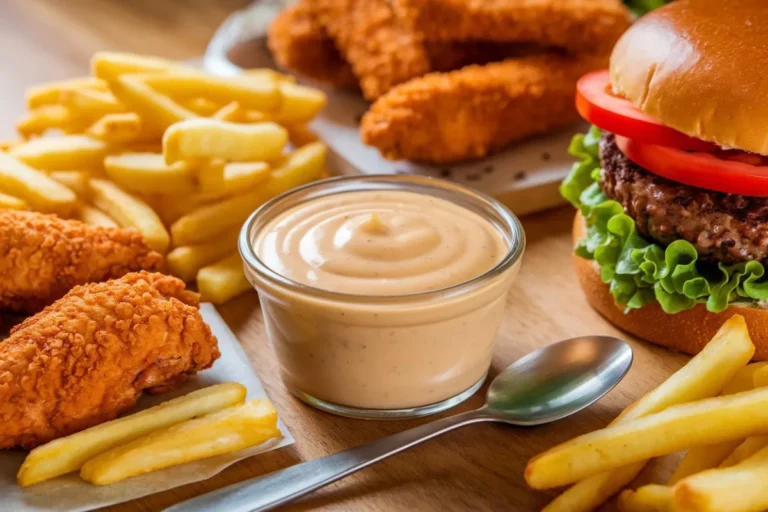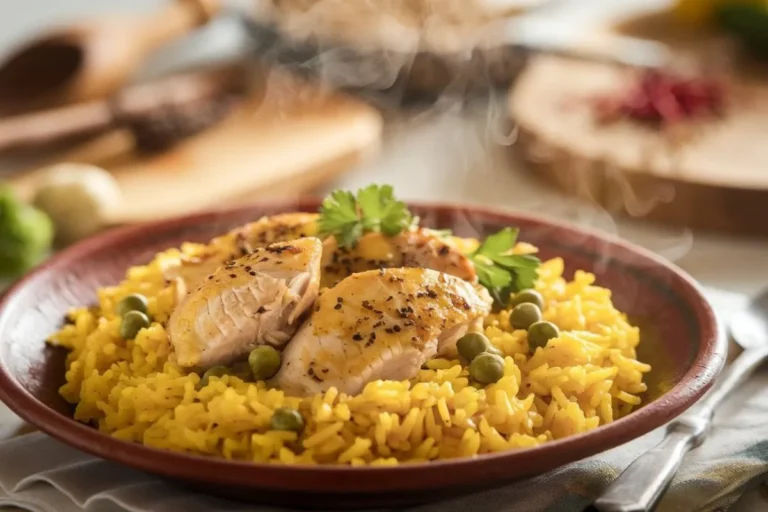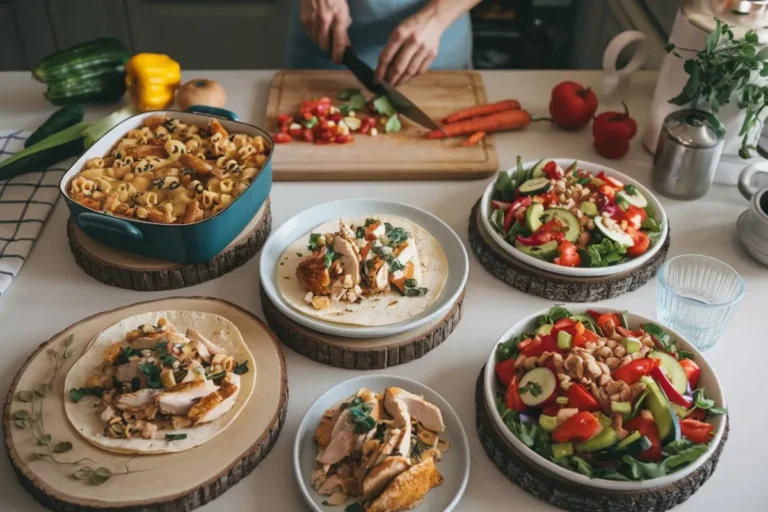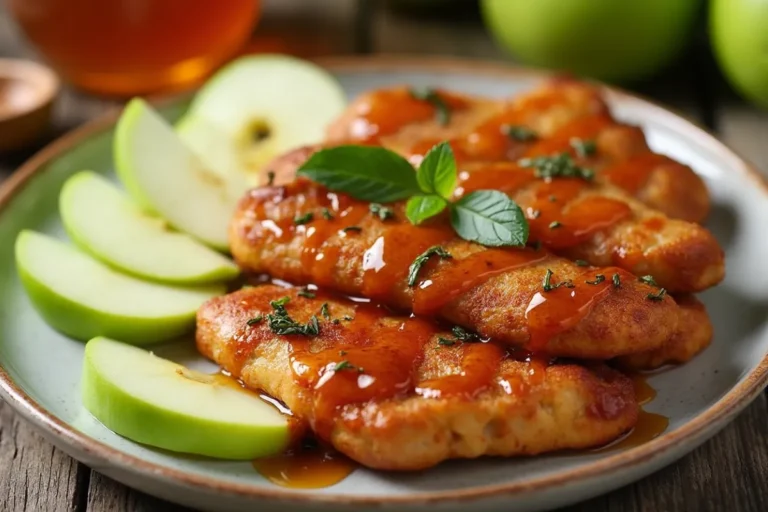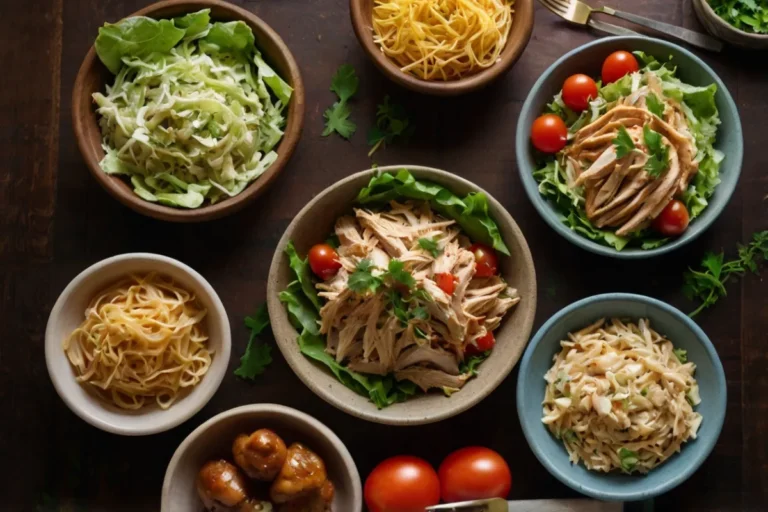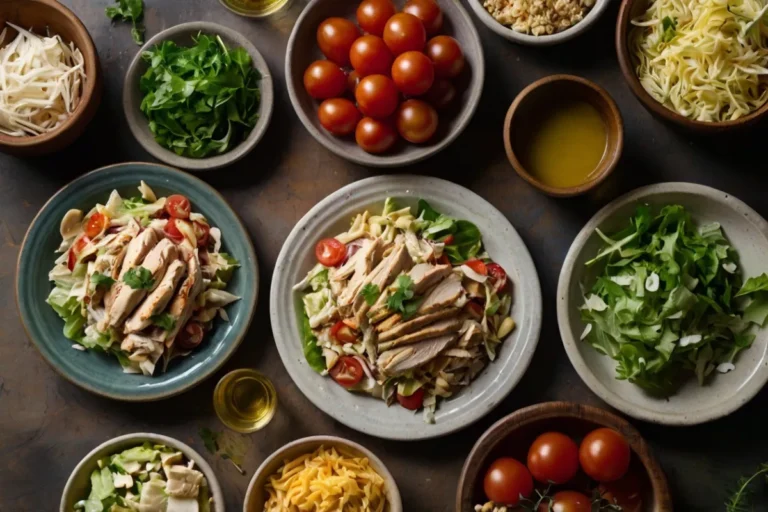The Ultimate Guide to Healthy and Nutritious Chicken Food Options
The Ultimate Guide to Healthy and Nutritious Chicken Food Options
As a chicken owner, there’s one thing you’re likely most concerned about: the health and happiness of your flock. After all, healthy chickens not only lay more eggs, but they also live longer and thrive better. So, what’s the secret to ensuring your chickens get the best nutrition? It all comes down to the food you feed them. But with so many options out there, it can be overwhelming to decide what’s best for your birds. The key is providing a balanced, varied diet that meets their nutritional needs. This guide will walk you through the essential elements of healthy and nutritious chicken food options, ensuring that your feathered friends stay vibrant and healthy.
The Importance of Nutrition for Chickens
You might already know that chickens are omnivores, which means they require a mix of plant-based and animal-based foods. However, do you know just how much their diet impacts their overall health and productivity? From egg production to feather quality, their food directly influences every aspect of their well-being.
Why Proper Nutrition Matters
When it comes to raising chickens, nutrition is paramount. A well-balanced diet not only improves their health, but it also leads to better productivity, whether you’re raising chickens for eggs, meat, or just as pets. Poor nutrition can lead to a variety of health issues, including reduced egg production, poor feathering, and even diseases that could harm your flock’s vitality. On the flip side, a well-fed chicken is a happy chicken, which will show in their behavior, energy levels, and even the quality of their eggs. In fact, studies have shown that chickens with optimal nutrition lay eggs that are richer in nutrients like Omega-3 fatty acids.
Nutritional Requirements for Chickens
Chickens require a combination of proteins, carbohydrates, fats, vitamins, and minerals to stay healthy. Let’s break down these essential nutrients:
- Protein: Chickens need protein for growth, feather development, and egg production. Depending on their age and production level, protein needs can range from 16% for growing chicks to as high as 18-20% for laying hens.
- Carbohydrates: Carbs provide energy for chickens, helping them maintain their daily activities.
- Fats: Healthy fats, particularly Omega-3s, are essential for energy and egg production.
- Vitamins and Minerals: Essential vitamins like Vitamin A, D, and E, and minerals such as calcium and phosphorus, help chickens develop strong bones, good immunity, and produce high-quality eggs.
To ensure your chickens receive all these essential nutrients, it’s important to incorporate a variety of food sources.
Top Healthy and Nutritious Chicken Food Options
Now that we understand the importance of balanced nutrition, let’s dive into some of the best food options you can feed your chickens. Offering them a variety of foods ensures they get a mix of nutrients, so don’t be afraid to experiment and see what your flock loves.
Whole Grains and Their Benefits
Whole grains, such as corn, barley, and oats, are a staple in many chicken diets. They are rich in carbohydrates and provide energy for your birds throughout the day. Whole grains are also easy for chickens to digest, making them an excellent base for their feed. Here’s a breakdown of some of the most popular grains you can feed your chickens:
- Corn: A favorite among chickens, corn is a great source of energy, providing plenty of carbohydrates. However, it should be fed in moderation since it’s high in calories.
- Oats: Packed with fiber, oats help maintain healthy digestion and prevent obesity in chickens.
- Barley: This grain provides essential vitamins and minerals, especially B vitamins, which are crucial for overall health.
These grains can be fed whole or ground, depending on your chickens’ preference and age. You can also mix them with other feed ingredients for variety and balance.
High-Protein Feed Sources
Protein is essential for your chickens’ growth and egg production, so finding high-protein foods is key. Chickens in their laying stage need around 18% protein in their diet, but young chicks and growing hens may require even higher amounts.
Here are some of the best protein-rich options:
- Mealworms: High in protein and fat, mealworms are an excellent treat for chickens. They are a great way to supplement your chickens’ diet, especially during the winter months when other food sources may be scarce.
- Fish Meal: This nutrient-dense ingredient is rich in both protein and omega-3 fatty acids, which support healthy skin and feathers.
- Soybean Meal: A plant-based protein option that’s widely used in commercial chicken feed, soybean meal is an excellent source of protein for your flock.
Don’t forget that chickens also benefit from natural sources of protein like insects and even small amounts of meat scraps. Protein is vital for muscle development, especially for younger chickens.
Vegetables and Fruits as Supplements
Chickens are naturally foragers, so offering them fresh vegetables and fruits can significantly enrich their diet. These foods are packed with essential vitamins and minerals, and many also contain antioxidants that help boost immunity.
Here are some great options to consider:
- Leafy Greens: Kale, spinach, and lettuce are packed with vitamins A and C, which are crucial for immune health.
- Carrots: Rich in beta-carotene, carrots help support good vision and overall health.
- Berries: Strawberries, blueberries, and raspberries are high in antioxidants, which help fight off infections.
Not all vegetables and fruits are safe for chickens, so it’s important to know which ones to avoid. For example, avocados, onions, and raw potatoes can be toxic to chickens.

Homemade Chicken Feed Recipes
If you enjoy DIY projects, making homemade chicken feed can be an excellent way to control exactly what your chickens are eating. You can craft nutritious, protein-packed feeds using simple, accessible ingredients that are both cost-effective and healthy.
Recipe 1: DIY Balanced Feed Mix
Ingredients:
- 3 cups of cracked corn
- 2 cups of oats
- 2 cups of soybean meal
- 1 cup of sunflower seeds
- 1 cup of crushed oyster shells (for calcium)
Instructions:
- Mix all the dry ingredients in a large container.
- Store the mix in an airtight container to keep it fresh.
- Feed your chickens 1-2 cups per bird daily, depending on their size and activity level.
This recipe offers a balanced mix of protein, carbs, and fats, perfect for adult laying hens.
Recipe 2: High-Protein Snack Mix
Ingredients:
- 1 cup of mealworms
- 1 cup of dried peas
- 1 cup of sunflower seeds
- 1 cup of mixed dried herbs (such as oregano and thyme)
Instructions:
- Mix all ingredients in a bowl.
- Serve as a treat or supplement to your chickens’ daily feed.
- Ensure it’s served in moderation to avoid overfeeding.
This snack mix is a great source of protein and healthy fats, ideal for helping your chickens stay strong and productive.
Supplements and Additives
Sometimes, your chickens may need additional supplements to ensure they’re getting everything they need. This is especially true for laying hens or chickens that are not getting all their nutrients from food alone.
Essential Supplements for Chickens
- Calcium: Laying hens need extra calcium to produce strong eggshells. You can provide calcium through oyster shells, limestone, or even crushed eggshells.
- Grit: Chickens need grit to help them digest their food, especially grains. Provide a small dish of grit alongside their regular feed.
- Probiotics: These support healthy gut bacteria and improve digestion. You can find chicken-specific probiotics in most feed stores or online.
When to Use Commercial Feed Options
While homemade feed recipes are a great way to ensure your chickens are getting quality nutrition, there are times when commercial feed may be necessary. If you’re dealing with a large flock or don’t have the time to mix feed yourself, high-quality commercial feed can provide a balanced and convenient option. Look for feeds that are certified organic and tailored to your chickens’ specific needs (e.g., layers, broilers, or chicks).
Conclusion
Taking care of your chickens involves more than just providing food—it’s about giving them the right balance of nutrients to keep them healthy and productive. By offering a mix of whole grains, high-protein sources, fresh fruits and vegetables, and homemade treats, you can ensure that your chickens thrive. Always keep their specific dietary needs in mind, and don’t forget to adjust their food based on their life stage and activity level. With a little planning and attention, you’ll have a flock of happy, healthy chickens that are producing delicious eggs and living their best lives.
FAQ Section
What are the best natural foods for chickens?
The best natural foods for chickens include whole grains like oats and barley, fresh vegetables like leafy greens and carrots, and protein-rich treats like mealworms. These foods provide essential nutrients and help support your chickens’ overall health.
How often should I feed my chickens?
Chickens should be fed twice a day—once in the morning and again in the evening. The amount will depend on their age and activity level, but typically, adult hens will eat about 1/4 to 1/2 cup of feed per bird per day.
Can chickens eat kitchen scraps?
Yes, chickens can eat some kitchen scraps, but it’s important to avoid foods that are toxic to them, such as avocado, onions, and raw potatoes. Stick to safe options like vegetable peels, rice, and pasta.
What is the best protein source for chickens?
The best protein sources for chickens include mealworms, fish meal, and soybean meal. These foods help support healthy growth and egg production. You can also offer them insects and small amounts of meat scraps.


